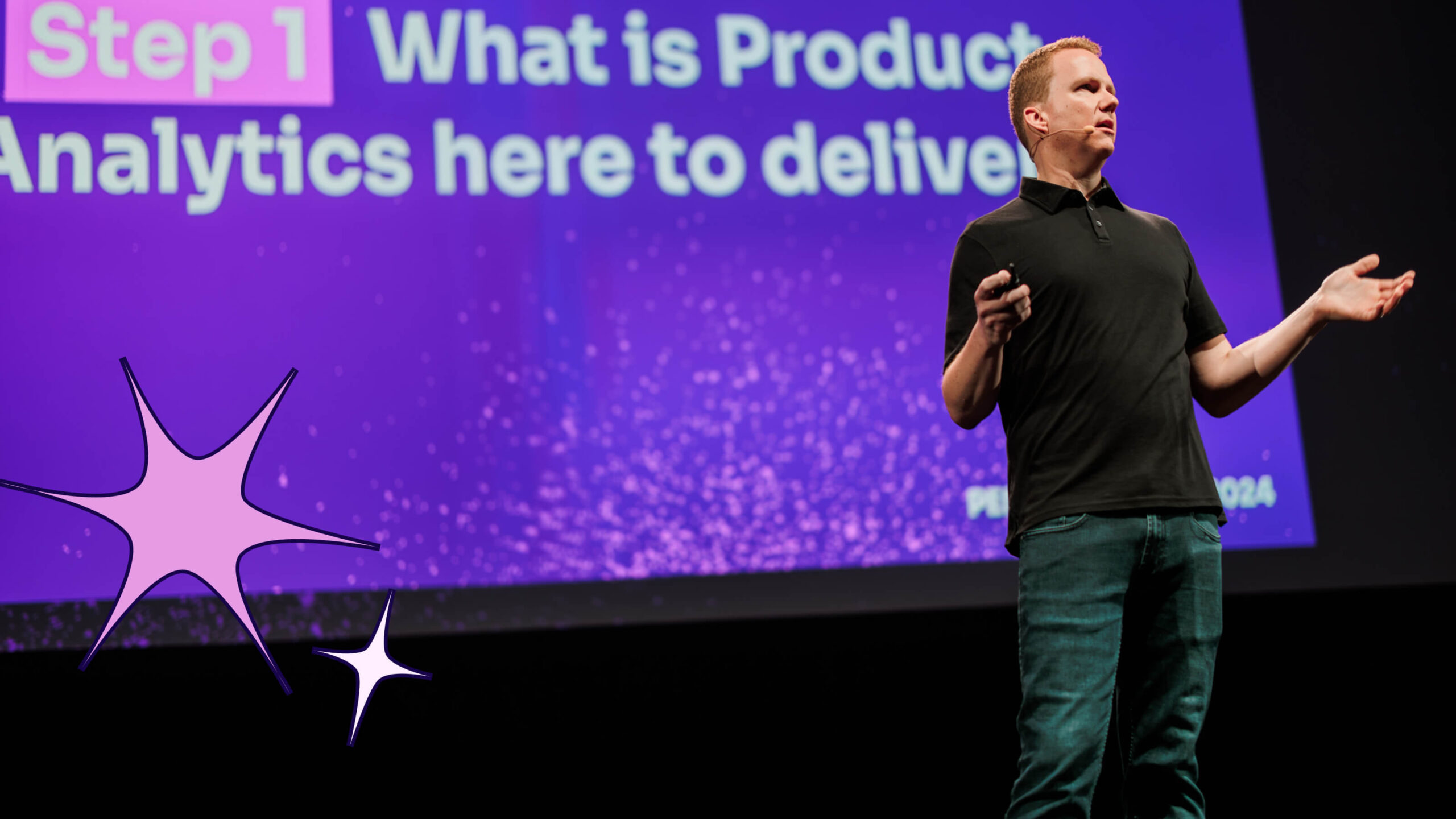Just a few short weeks ago, Tobi Lutke, the CEO of Shopify, posted something extraordinary. “Pretty sure I’m typing more into AI models windows than into email or company Slack these days,” he said. “Work has shifted dramatically already.”
Pretty sure I’m typing more into AI models windows than into email or company slack these days. Work has shifted dramatically already
— tobi lutke (@tobi) March 3, 2025
When the leader of one of the world’s most successful e-commerce platforms talks this way about AI, you listen. And as someone who’s been immersed in the product field for decades, I’d be lying if I said I didn’t find myself in a similar position to Lutke.
I believe AI tools—LLMs in particular, and soon, agents—have the power to fundamentally transform what it means to be a product manager. They’ve changed the way I work for the better, and I believe they’ll do the same for product managers as a whole. With AI as a creative, design, and dev partner, PMs have it in their power to prototype on a scale like never before, and to focus on meaningful creative work while doing it. The advent of “vibe coding” has changed the game for engineers. Call this the rise of the “vibe PM.”
The PM as lead chef in the LLM kitchen
Think back to the most exquisite restaurant experience you’ve ever had—the look and taste of the entrée, the perfect complement of side dishes and garnishes, the swirl of the sauce as it hit your palette. The “human touch” that goes into a dish like that—that series of seemingly small creative decisions that add up to an exquisitely prepared and presented meal—may only be 20 percent of the total work that went into its preparation. But it’s that fraction that elevates a meal from merely good to extraordinary.
That’s the role of the vibe PM today. LLM and other AI tools act as the greater kitchen staff, acquiring the ingredients and undertaking the rote work that goes into preparing the dish with speed and precision. The vibe PM is the head chef focused on adding that “human touch,” creating a software experience that users love.
Unleashing human creativity through AI
The vibe PM has a distinct advantage in their approach to their work vs. their traditional counterpart. Previously, a product manager who wanted to build a working prototype would quickly find themself hostage to scheduling meetings, securing design and dev resources, and navigating competing roadmap priorities. They could take their idea only so far in the product development lifecycle before they hit a bottleneck. A product design partner might not have bandwidth that week—or month. The developer may not be able to squeeze it into the current sprint. (Or perhaps they could, but they end up cutting corners to get it done on time.) The list goes on.
Working with a set of AI tools changes the equation from the very beginning. Now a PM can start working on an idea before the idea itself is even fully baked. They can prompt their LLM to also act in the role of a PM, asking them a series of meaningful questions to refine and clarify the product vision.
Once that vision is ready, AI can then act as a design and dev partner to quickly bring a prototype to life. The best part? LLMs allow PMs to get into deeper creative flow states, because they have no other priorities than helping you. No distractions, no conflicts, no other noise. You can even set up direct voice-to-text communication with your AI tools if writing things down feels like a friction to expressing your thoughts.
Moving even faster to build software users love
The work of the vibe PM doesn’t end at the prototype, of course. The world is always more complex than we anticipate, and there will invariably be misalignments and further testing and refinement needed to get to what users truly desire. That’s where Pendo’s Software Experience Management (SXM) platform is critical: There’s no better solution for grounding your product in user behavior and sentiment through quantitative and qualitative data, and there’s no better way to validate and test your ideas with users.
We are seeing the evolution of the product manager role take place before our eyes. Leveraging these new tools with a maniacal focus on the user, product teams will be able to build, inspire, and delight like never before.
Want to learn more about how Pendo helps product teams build amazing software? Get a demo here.



